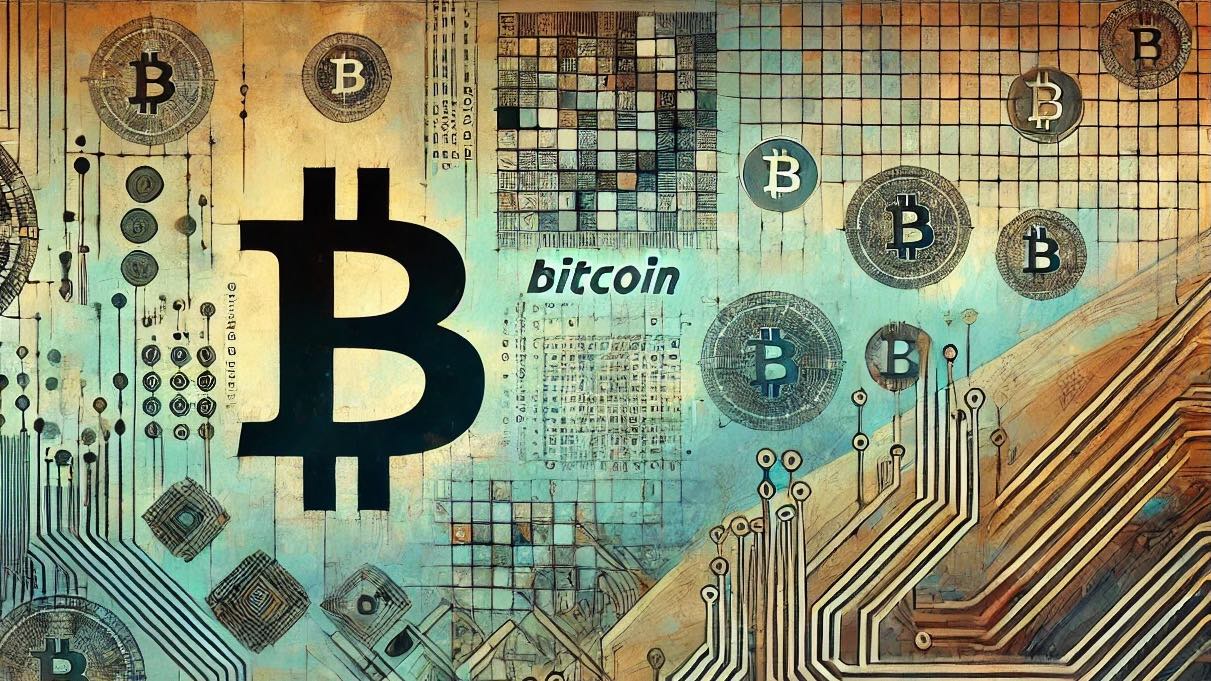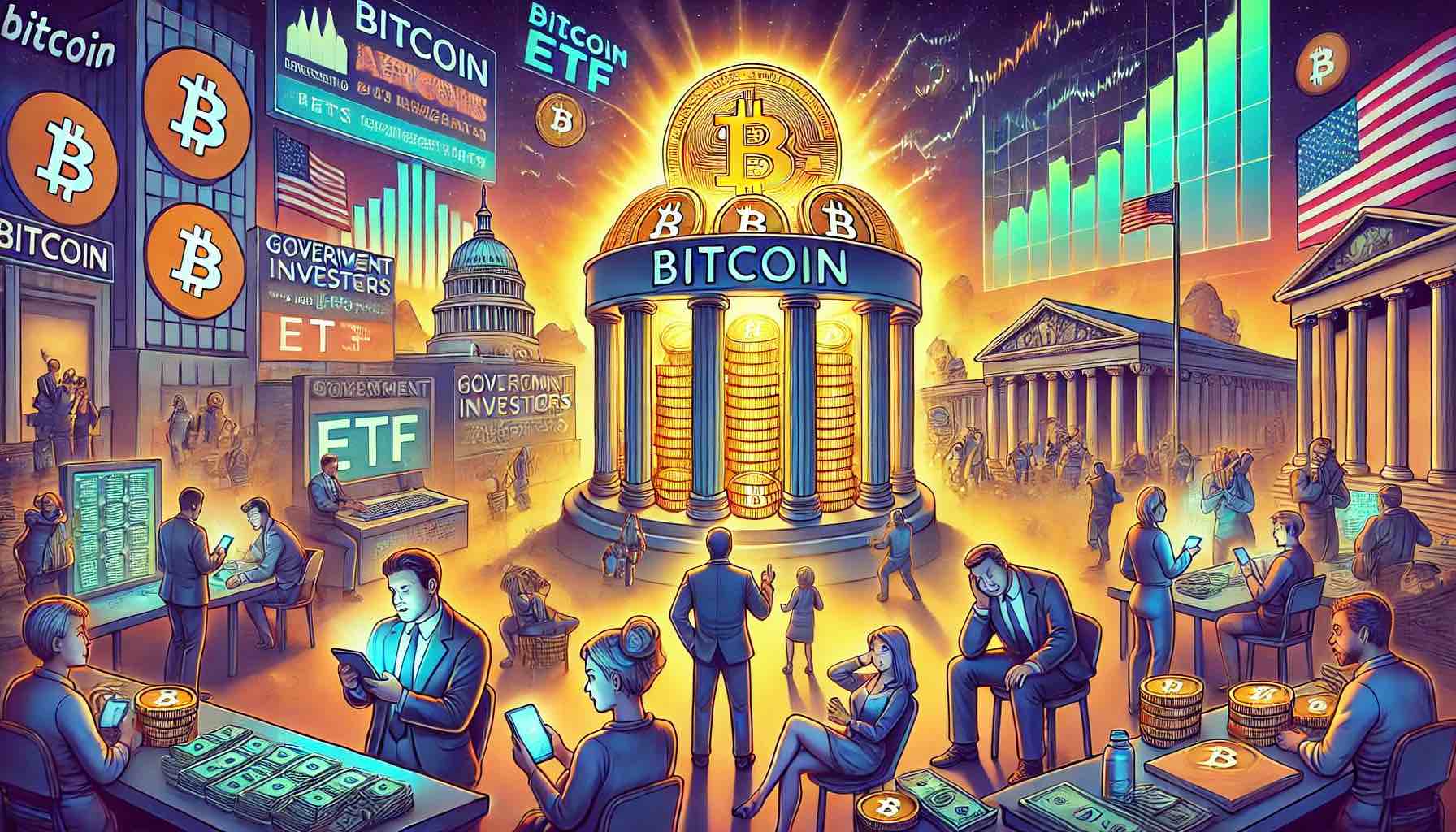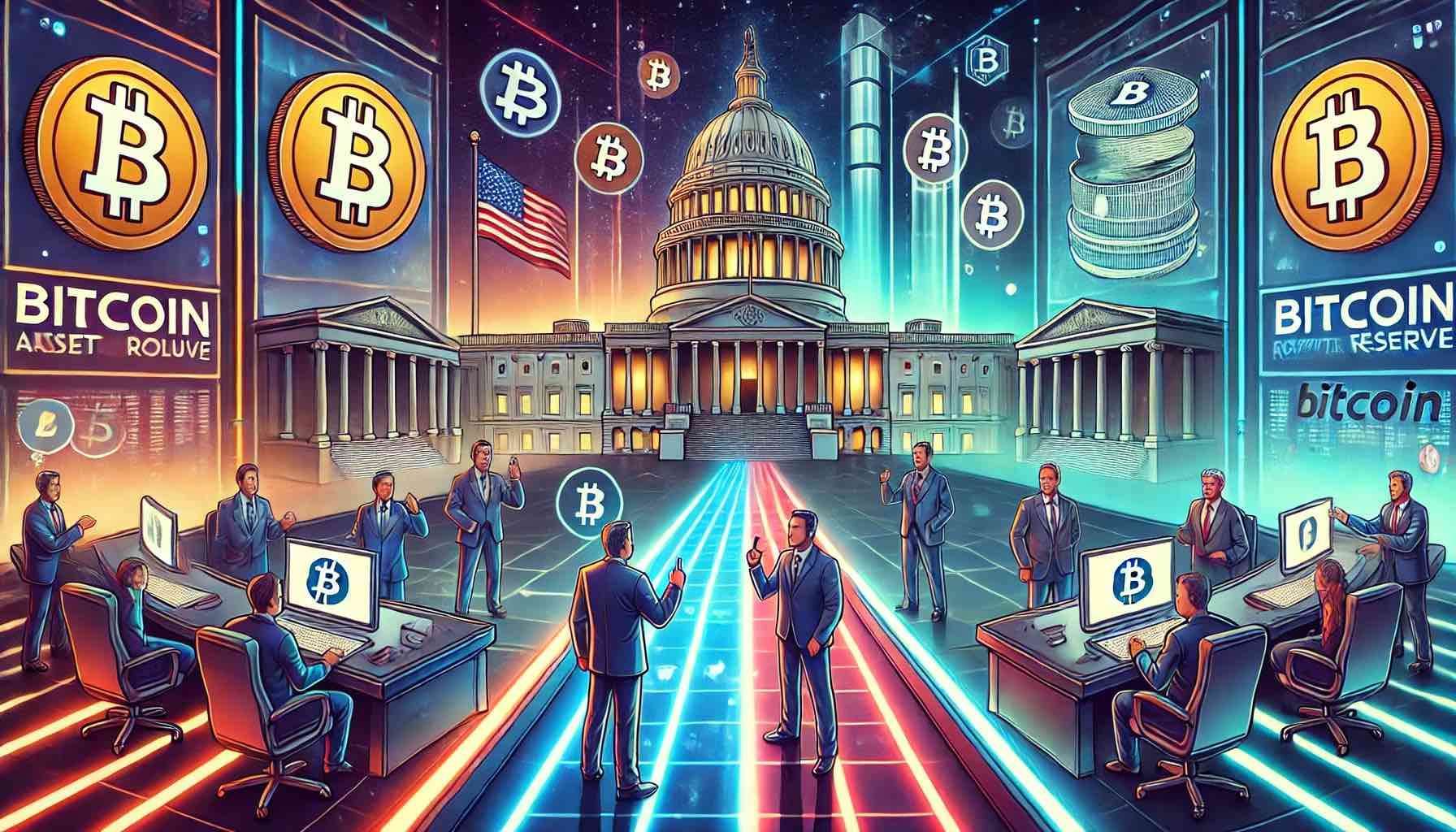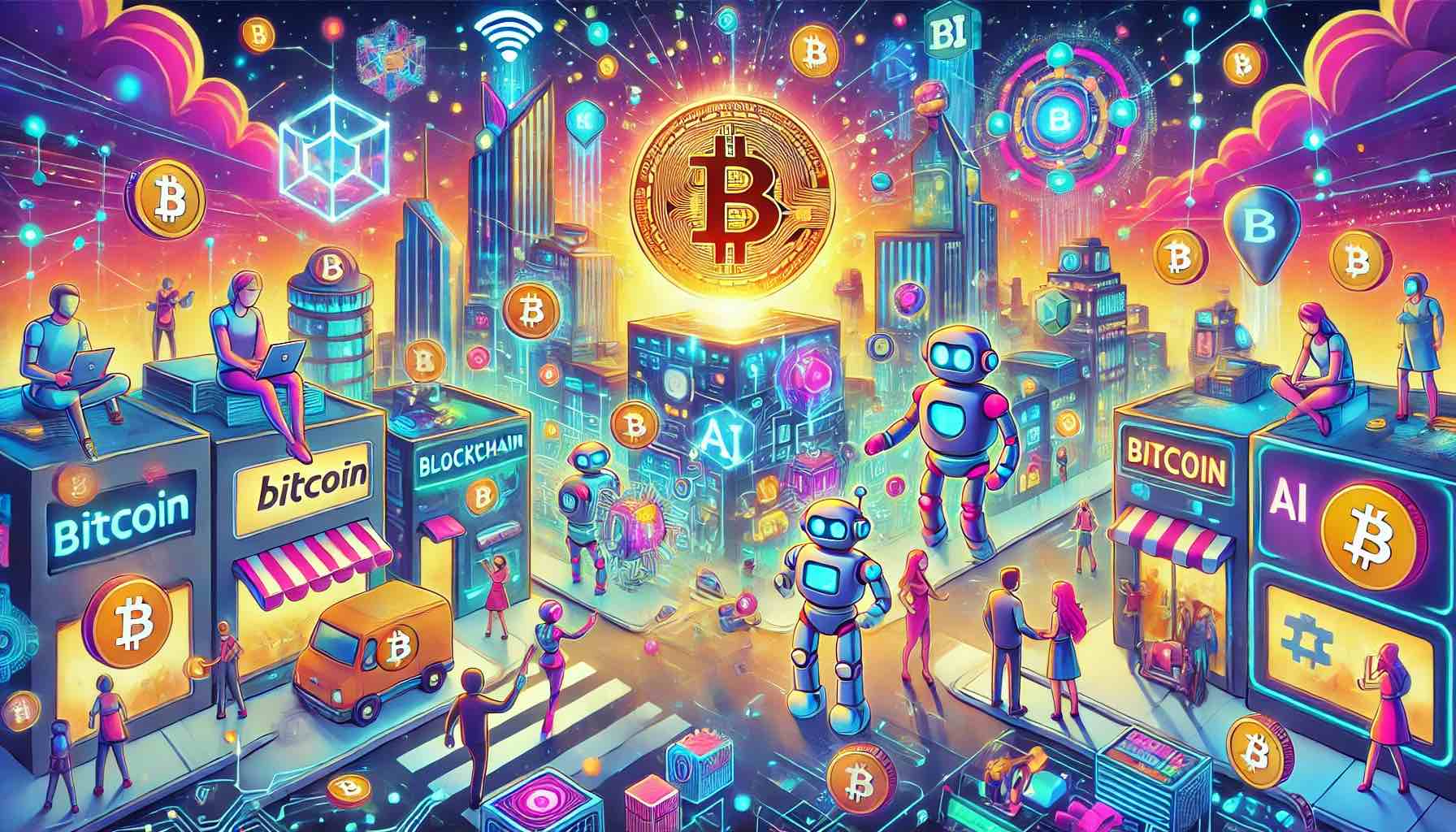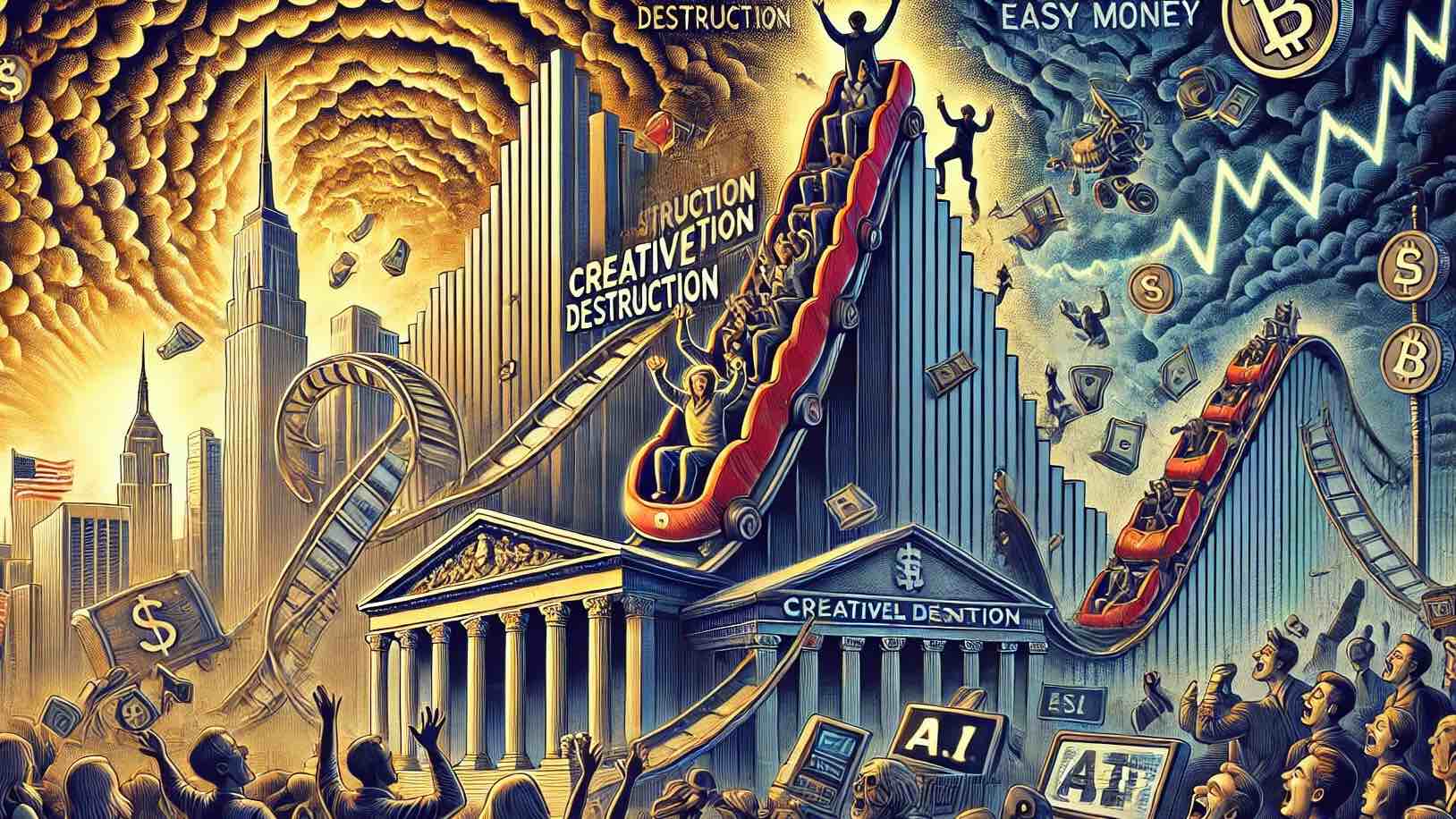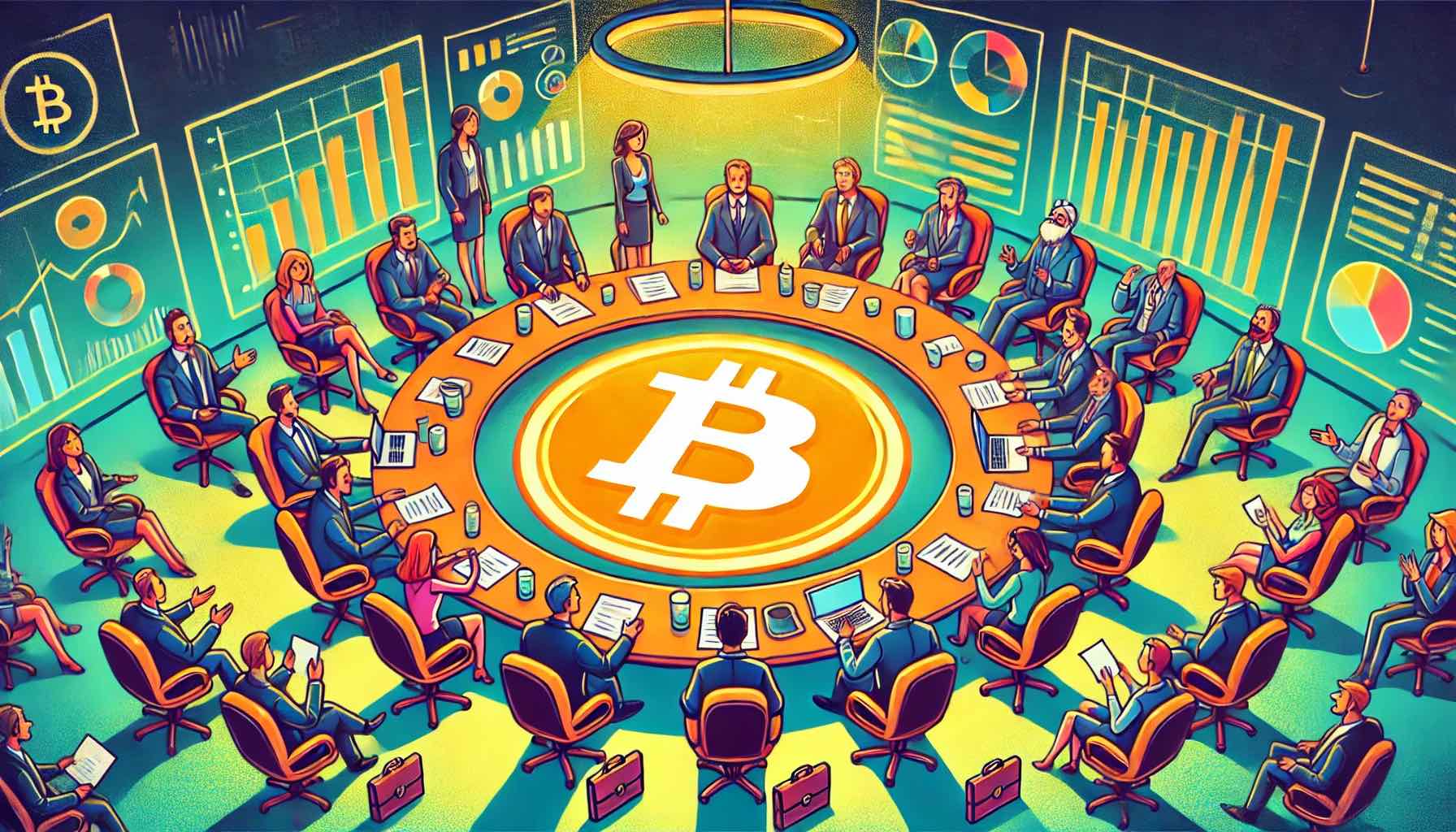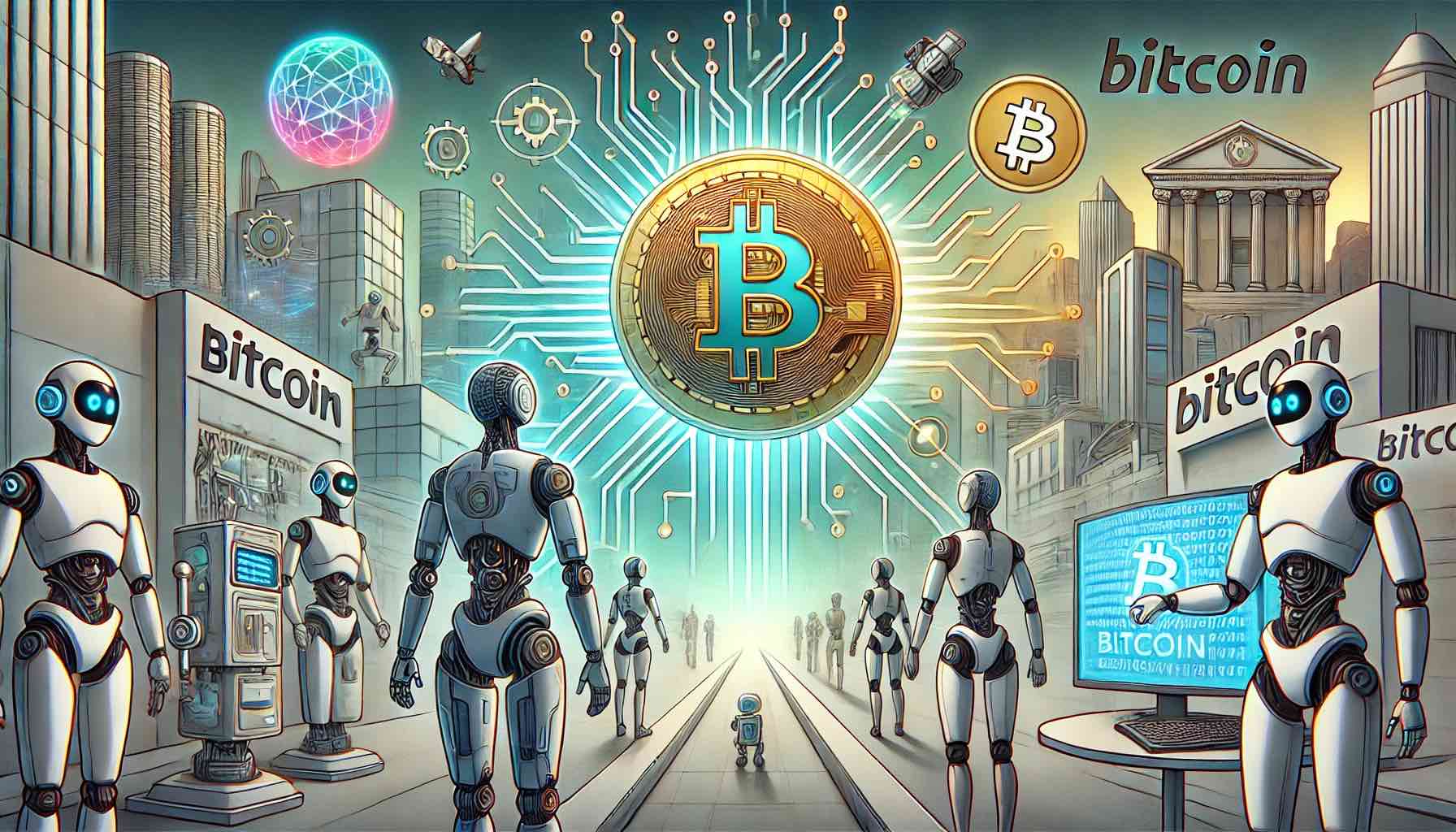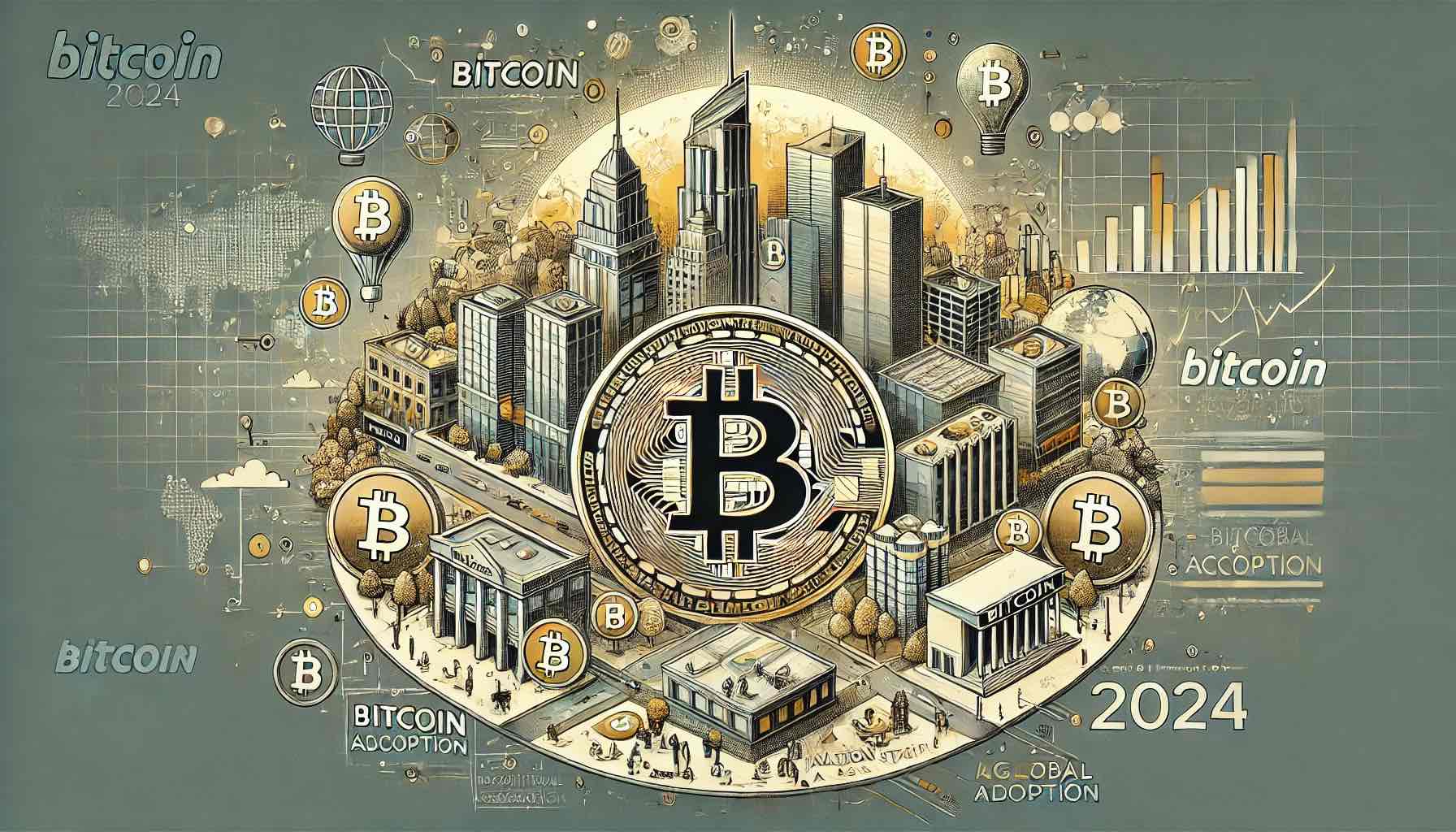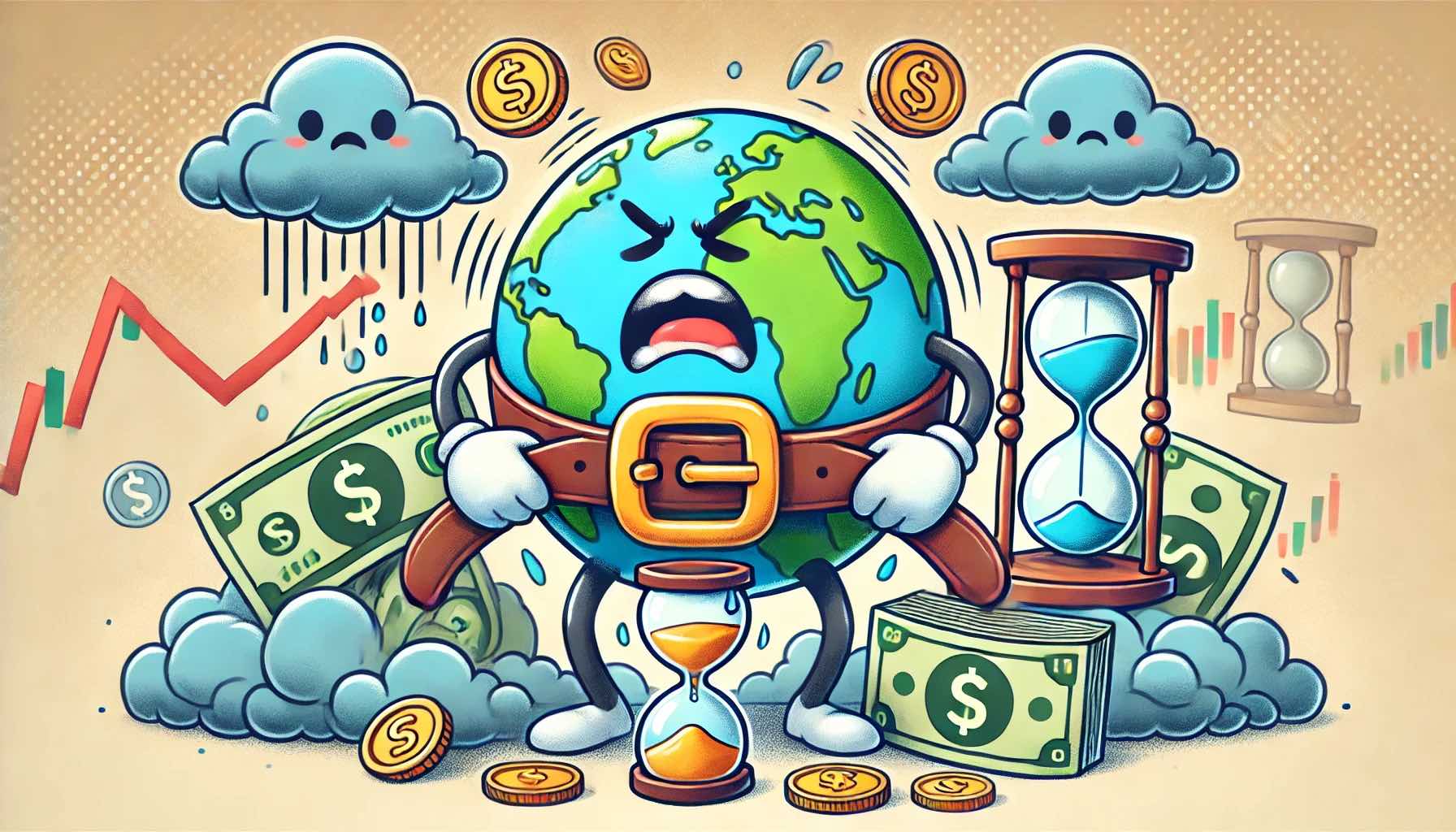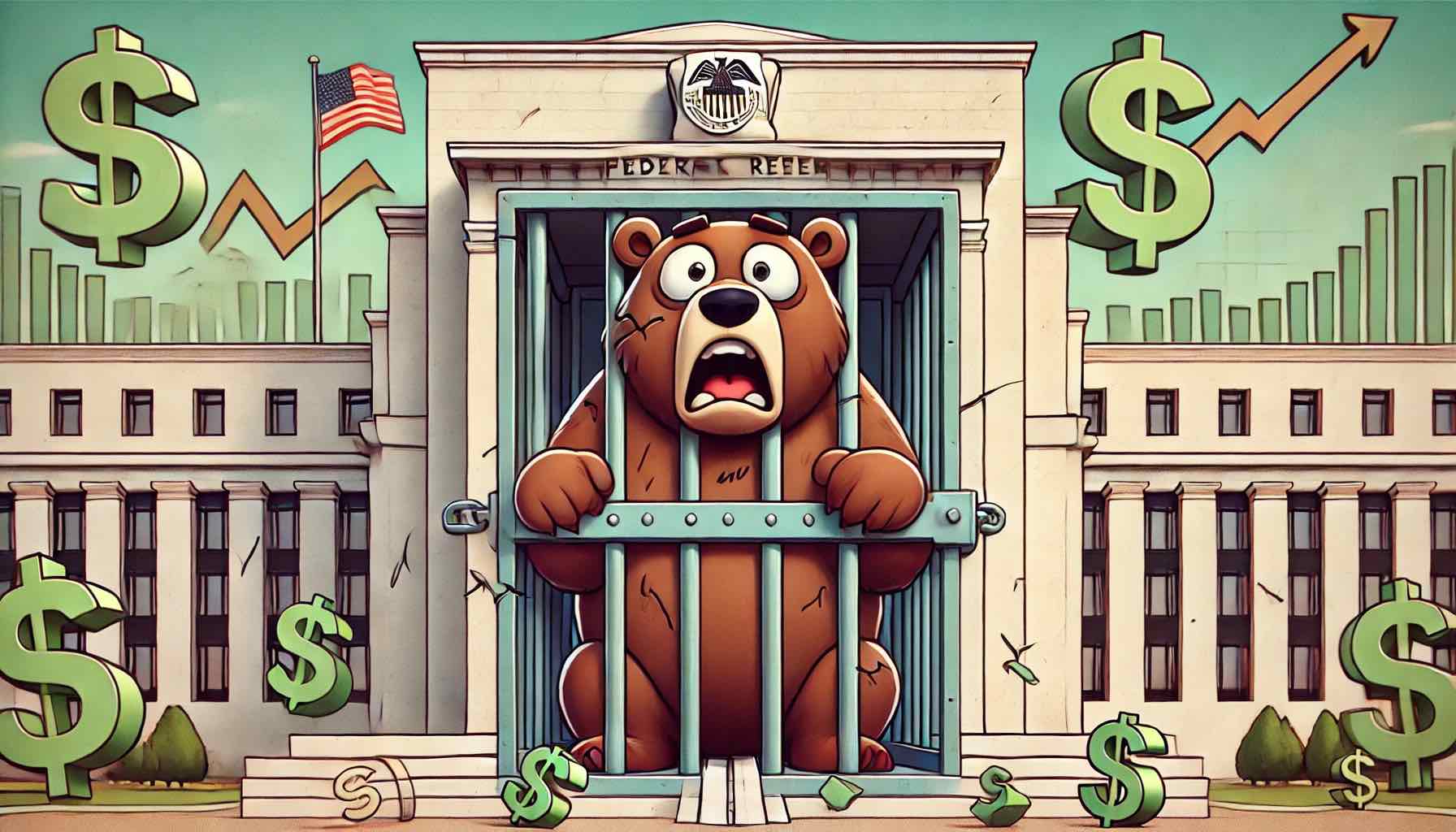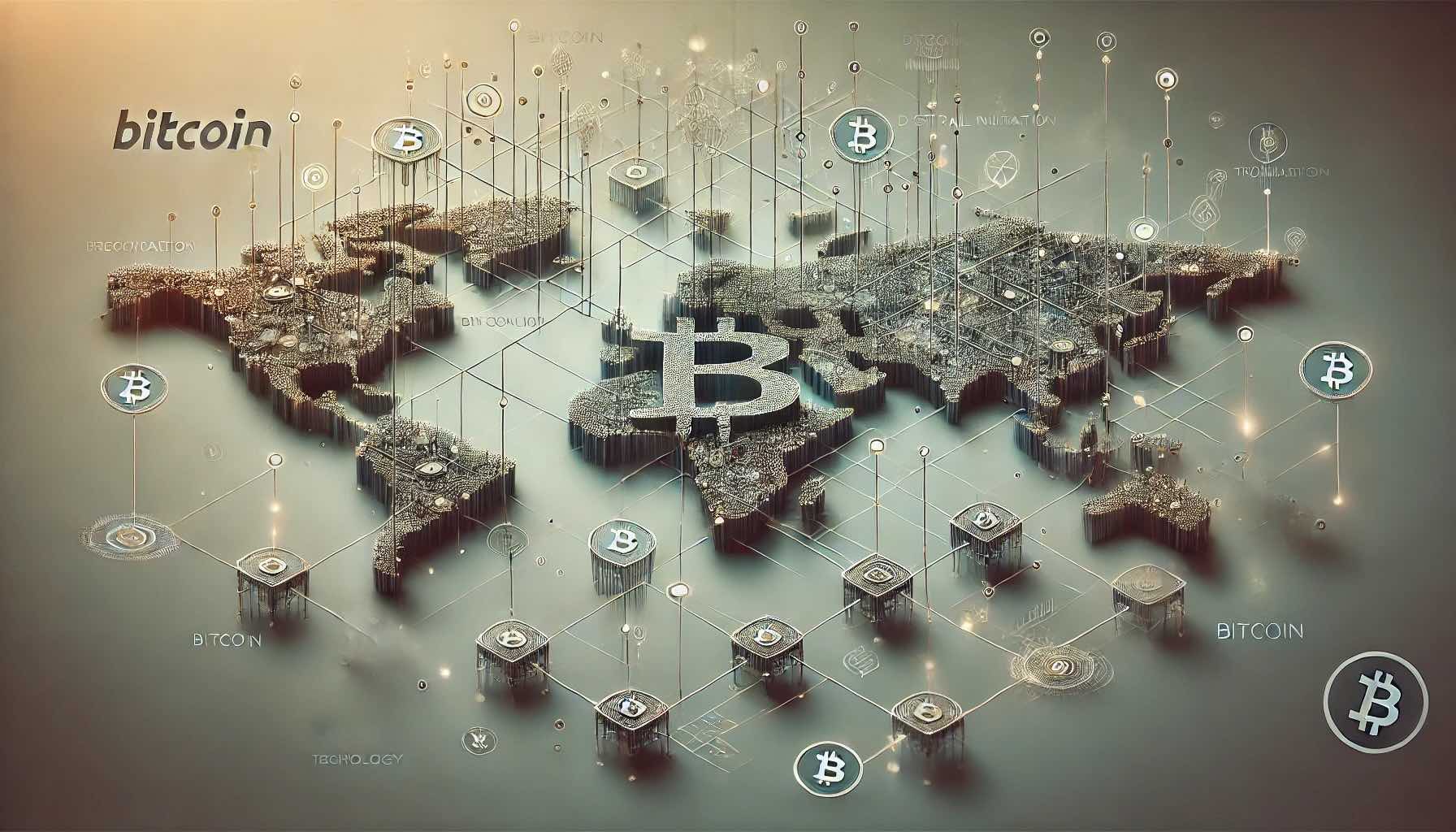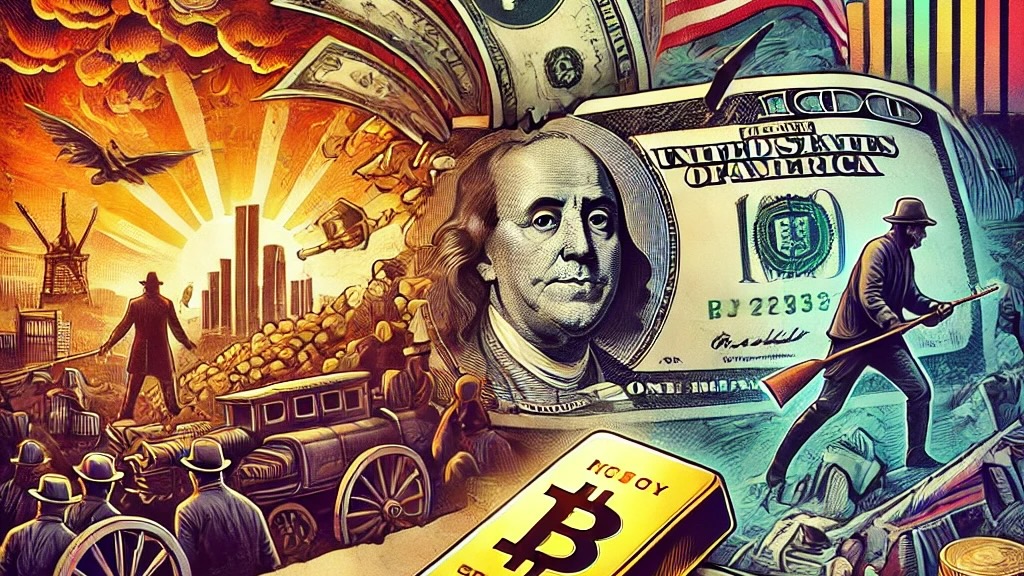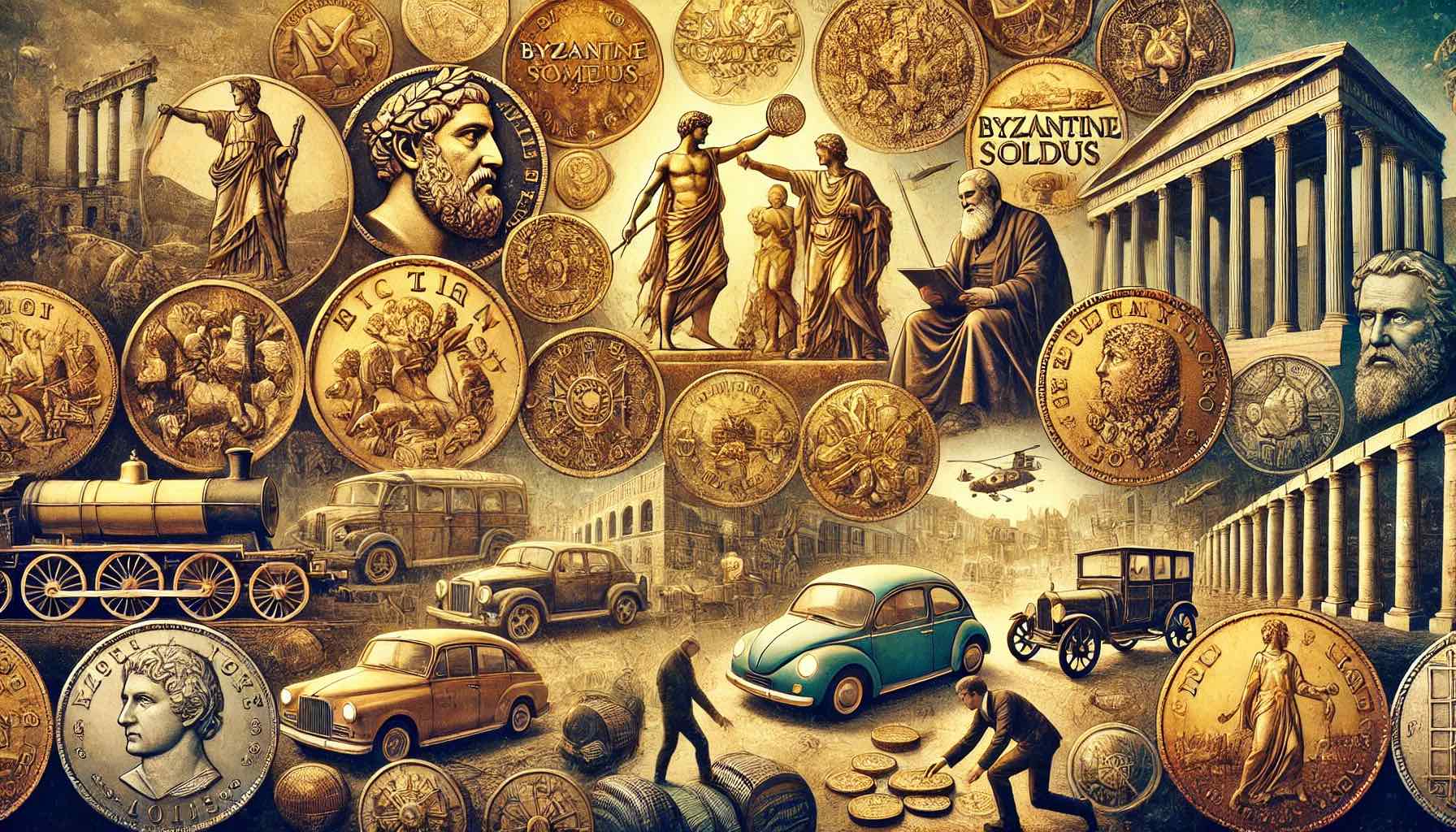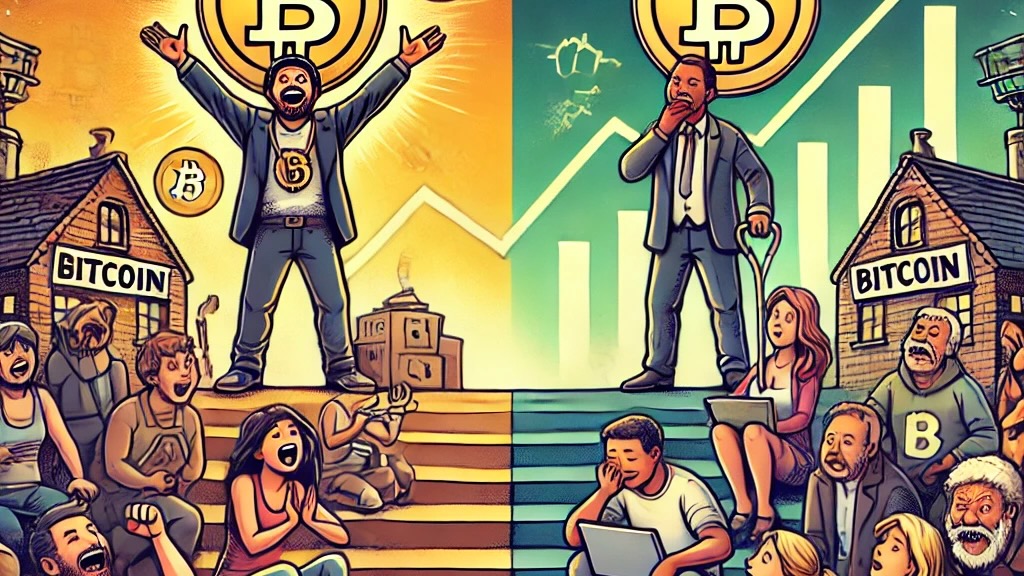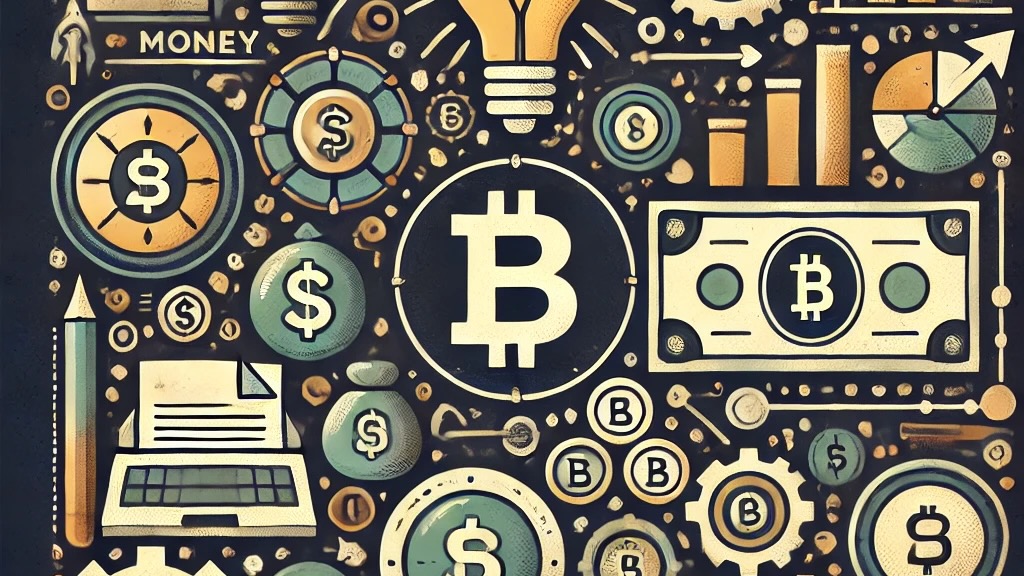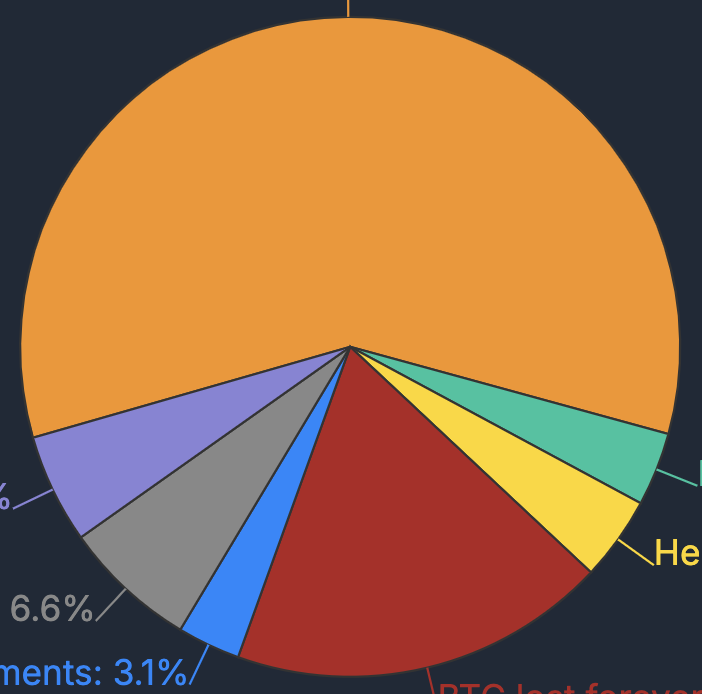Sound Money vs Government Control: Why Freedom Depends on Who Controls the Monetary System (A Guide to Money: Part 6)
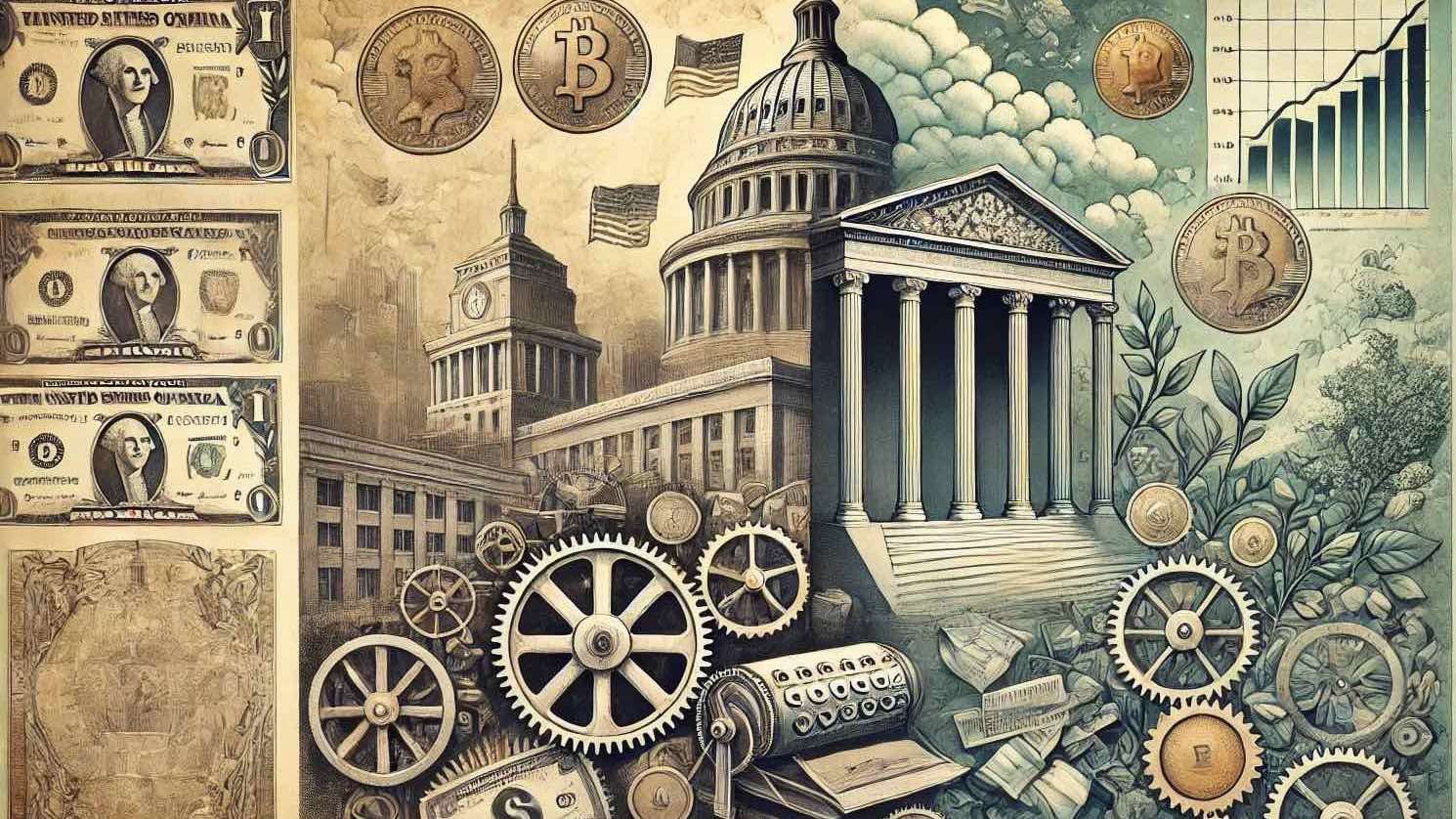
PART 1: THE FUNDAMENTAL SCAM
There's a fundamental scam at the heart of modern economics: the idea that the government needs to manage the money supply. This seemingly technical question about monetary policy is actually about something much deeper - it's about freedom itself.
Under a sound monetary system, governments had to function in a way that's almost unimaginable today: they had to be fiscally responsible. Without the ability to print money, governments could only spend what they could collect in taxes. This created a natural check on government power - if citizens didn't approve of government spending, they could simply refuse to pay taxes.
Consider Switzerland before 1992. When they kept their currency tied to gold, their unemployment rate never exceeded 1%. After joining the IMF (which prevented gold-backed currency), unemployment shot up to 5%. This isn't coincidence - it's the difference between sound and unsound money.
PART 2: HISTORICAL IMPLICATIONS
The implications go far beyond economics. Every major tyrant in history - from Lenin to Stalin, from Hitler to Mao - ruled during periods when they could print money at will. This isn't because they repealed sound money to fund their atrocities. Rather, the destruction of sound money came first, wrapped in pleasant stories about helping children, education, and national pride. Once sound money was destroyed, it became much easier for these criminals to take control of society's resources through the printing press.
PART 3: CULTURAL TRANSFORMATION
But perhaps the most insidious effect of government-controlled money is how it transforms work and culture. When money constantly loses value, people are incentivized to spend rather than save. This creates what John Kenneth Galbraith called "The Bezzle" - entire industries that produce nothing of value but survive by chasing government money.
Look at modern academia. Why do universities continue teaching failed economic theories? Why do professors focus on publishing unreadable research instead of teaching? Because their funding comes from the government, not from providing value to students or society. The curriculum isn't determined by its accordance with reality, but by its accordance with the political agenda of the governments funding it.
Or consider banking. In a sound money system, banking is about safekeeping assets and matching investors with opportunities. Bankers make money when they succeed and lose when they fail. But in our current system, banks are "too big to fail" - they keep the profits when things go well and get bailed out by taxpayers when things go wrong. This isn't capitalism; it's a form of privileged parasitism.
PART 4: THE BEZZLE IN ACTION
The financial sector, which should be shrinking due to technological automation, keeps growing. More and more talented young people go into finance instead of engineering or medicine - not because finance creates more value, but because it's where the money is. This is The Bezzle in action: resources being directed not toward producing value, but toward capturing government-printed money.
This system creates what Saifedean Ammous, author of The Bitcoin Standard, calls "zombie" industries - businesses that survive not by creating value but by having access to cheap credit and government support. These zombies consume resources that could be used productively elsewhere, while contributing nothing real to society.
PART 5: CULTURAL IMPACT
The most tragic aspect might be how this affects culture. Under sound money, people develop lower time preferences - they think long-term and work toward building lasting value. Under unsound money, everyone is encouraged to think short-term. Why save when your money loses value? Why build something lasting when quick profits are available through financial engineering?
PART 6: THE SOLUTION
The solution isn't more clever central bank policies or better economic models. The solution is to remove the government's ability to manipulate money altogether. As Ludwig von Mises put it, "The cause of waves of unemployment is not 'capitalism' but governments denying enterprise the right to produce good money."
This isn't just an economic argument - it's about what kind of society we want to live in. Do we want a society where success comes from creating value for others? Or one where it comes from gaming the system and capturing government money? Do we want a culture that encourages long-term thinking and building lasting value? Or one that pushes everyone toward short-term consumption?
The choice between sound and unsound money is ultimately a choice between freedom and control, between real prosperity and illusory wealth, between a society that builds for the future and one that consumes its seed corn. The consequences of this choice shape everything from our daily work to our cultural values to the very nature of our civilization.
